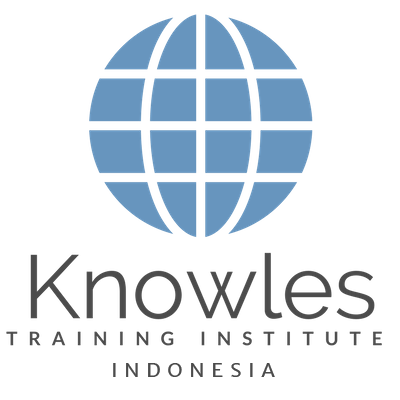Skip to content
Keyword MethodIntern1bksiuevej76kHhK2023-07-18T09:46:19-05:00
Keyword Method
Unleash Your Memory Mastery: Harnessing the Keyword Method for Optimal Recall and Retention
- Semantic Networks: The Keyword Method taps into semantic networks, leveraging the interconnectedness of related concepts. By associating keywords with existing knowledge, it enhances memory encoding and retrieval through the activation of relevant associations.
- Mnemonic Devices: The Keyword Method incorporates mnemonic devices, such as acronyms or rhymes, to aid memory retention. These devices create memorable cues that facilitate recall of associated information.
- Contextual Embedding: The Keyword Method emphasizes contextual embedding, linking keywords to specific contexts or scenarios. This embedding strengthens memory associations and facilitates contextual retrieval of information.
- Interactive Imagery: The Keyword Method promotes interactive imagery techniques, where learners engage with mental images related to keywords. This interactive visualization enhances memory encoding by encouraging dynamic engagement with the information.
- Self-Generated Associations: The Keyword Method encourages learners to generate their own associations with keywords. This active involvement enhances memory retention by creating personalized connections and increasing the meaningfulness of the information.
- Retrieval Organization: Implementing the Keyword Method involves organizing retrieval practice in a systematic manner. By categorizing and sequencing the recall of keywords and associated information, it optimizes memory consolidation and retrieval efficiency.
- Dual-Processing Optimization: The Keyword Method optimizes dual processing by engaging both automatic and controlled processing during encoding and retrieval. This dual-processing approach enhances memory consolidation by leveraging the strengths of both processing modes.
- Transferable Learning Strategies: The Keyword Method instills transferable learning strategies, enabling learners to apply the method to various domains and subjects. This transferability enhances memory generalization and promotes flexible knowledge application.
- Cognitive Load Management: The Keyword Method assists in managing cognitive load by breaking down complex information into manageable chunks represented by keywords. This load management enhances memory encoding and retrieval by reducing cognitive strain.
- Adaptive Recall Strategies: The Keyword Method encourages adaptive recall strategies, such as spaced retrieval or targeted review based on the difficulty of the information. These strategies optimize memory retrieval and promote efficient recall based on individual learning needs.
Page load link


